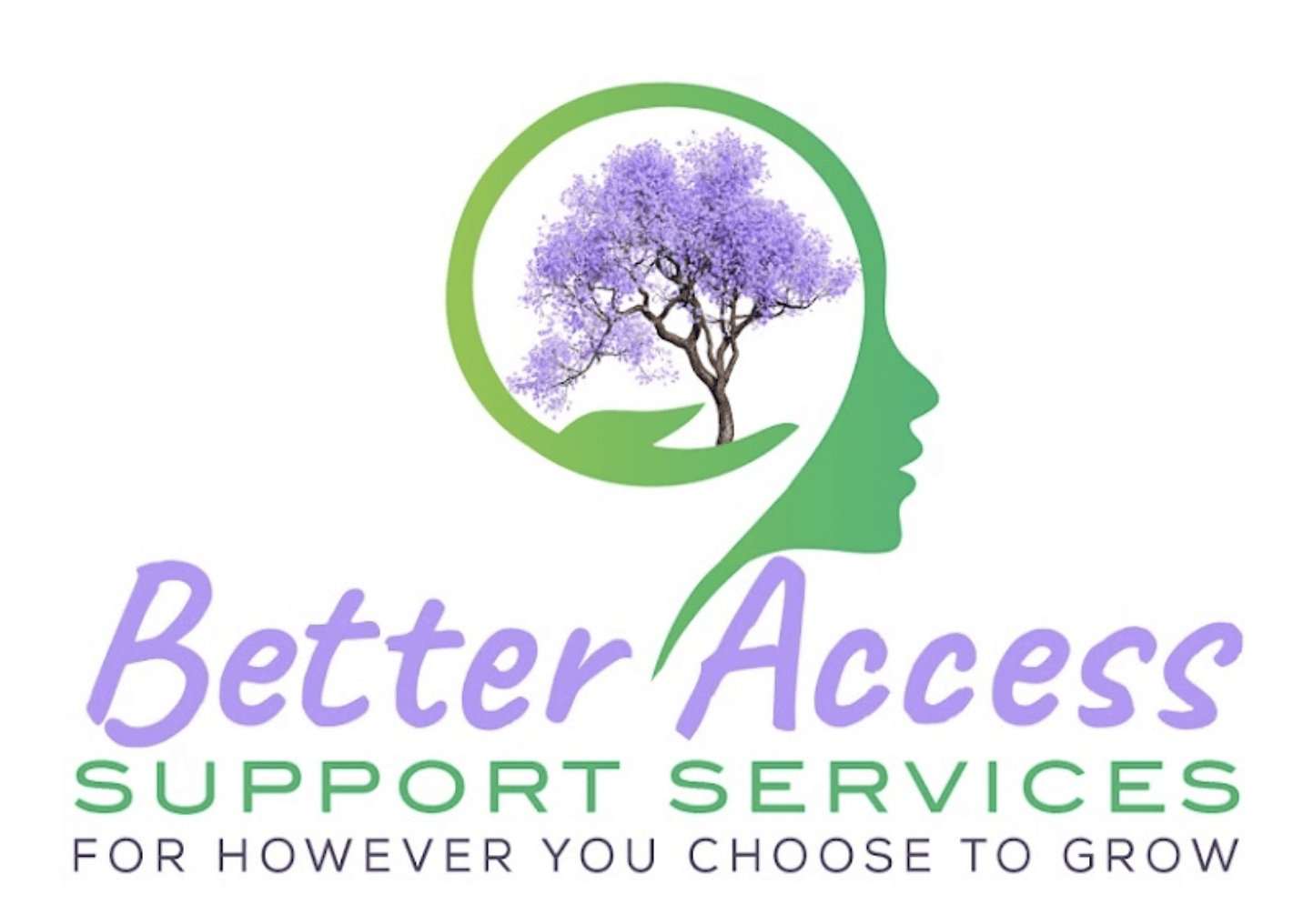How Support Coordinators Connect Participants With Toowoomba Services
Navigating the NDIS system can be confusing, especially when you’re trying to turn a plan into meaningful supports that match individual goals and needs. For many NDIS participants and their families, having someone who can assist in understanding the system and linking with local services can make a difference. That’s where support coordination in Toowoomba comes in.
Support coordinators work with participants to explore their funding options, connect them with service providers, and assist them in accessing community-based supports. Their local knowledge and familiarity with Toowoomba’s network of health, housing, employment, and social services allows them to offer tailored guidance that aligns with the participant’s goals.
Here’s how support coordinators can help participants build capacity, navigate the NDIS, and make informed decisions about the supports they choose.
Helping Participants Understand & Activate Their NDIS Plans
The NDIS can feel overwhelming at first glance. Plans are full of categories, funding types, and terminology that can be difficult to interpret. A support coordinator works with the participant to help them understand what’s in their plan and how that funding can be used.
Some ways to support coordination in Toowoomba that can support this stage include:
- Going through each section of the plan to explain funding categories in everyday terms.
- Clarifying the difference between Core, Capacity Building, and Capital supports.
- Discussing the participant’s goals and how funding may relate to achieving those outcomes.
- Helping set up service agreements or bookings with providers who accept NDIS plans.
This early stage can help participants feel more confident in making decisions about how to use their supports.
Matching Participants With the Right Local Service Providers
Once participants know what their plan includes, the next step is finding supports that fit. A support coordinator may help research, shortlist or contact local providers based on the participant’s needs and preferences.
Participants are often connected to services such as:
- Personal care and domestic assistance for day-to-day support at home.
- Allied health services such as physiotherapy, occupational therapy or psychology.
- Transport support or travel training for increased independence.
- Support workers for community participation or skill-building activities.
Support coordinators can help compare options and outline the steps involved in getting started with new providers.
Navigating Health & Allied Health Services in Toowoomba
Health is a big part of many NDIS participants’ lives. But knowing where to go, how to book, and what’s covered in a plan can be challenging. A support coordinator can provide guidance that helps participants make informed decisions about local health and allied health supports.
In Toowoomba, participants may need assistance accessing services like:
- Occupational therapy for mobility aids, home safety, or functional assessments.
- Speech therapy for communication goals or swallowing concerns.
- Psychology or counselling for emotional well-being.
- Appointments with GPs or medical specialists where coordination is needed.
Support coordination can assist with making referrals, scheduling appointments, and understanding which services are eligible for NDIS funding.
Supporting Access to Housing & Independent Living Options
For participants working toward greater independence, housing is a key focus. This includes exploring rental options, supported housing programs or long-term living arrangements. A support coordinator may assist in identifying suitable pathways tailored to each person’s specific situation.
Housing support might involve:
- Connecting participants with providers offering Supported Independent Living (SIL).
- Exploring Specialist Disability Accommodation (SDA) for eligible participants.
- Assistance with rental applications and liaising with housing services.
- Supporting tenancy-related tasks or issues through housing support workers.
Accessing appropriate accommodation options often involves multiple agencies, and support coordination can help participants manage this process step by step.
Connecting Participants to Employment & Skills Development
Some participants are seeking to enter or re-enter the workforce, while others aim to develop skills through training or volunteering. A support coordinator can guide participants through available services and funding that relate to employment goals.
This may include support with:
- Linking with Disability Employment Services (DES) for job-seeking support.
- Enrolling in short courses, training, or skill-building programs.
- Accessing support workers who help with work-readiness or resume writing.
- Exploring microbusiness opportunities, mentoring or community-based jobs.
With numerous employment and training options in Toowoomba, guidance from someone familiar with local services can help you select a suitable pathway.
Encouraging Community Participation & Social Inclusion
NDIS plans often include funding for social and recreational goals. Support coordination can help participants find local activities that align with their interests and build social confidence.
Activities participants might be supported to explore include:
- Joining local sports, art or music groups that are inclusive and accessible.
- Taking part in peer groups or mentoring programs within the community.
- Participating in events or programs at community centres and libraries.
- Exploring travel training or transport support to attend chosen activities.
Helping participants discover suitable community options can contribute to greater involvement and a sense of connection.
Responding to Complex Needs with Specialist Support Coordination
Some participants have more complex needs, such as those involving risk, multiple systems, or urgent transitions. In these cases, Specialist Support Coordination may be included in the plan. This type of coordination focuses on addressing barriers and supporting stability.
Examples of situations where this level of support may be involved include:
- Navigating justice or child protection systems alongside disability supports.
- Transitioning out of hospital or residential care into the community.
- Managing significant behavioural or mental health challenges that affect service access.
- Coordinating multiple service providers to work toward shared outcomes.
Specialist support coordination often involves working with broader teams, including clinical support staff or guardians, as appropriate.
Why Local Knowledge Matters When Choosing a Support Coordinator
Understanding Toowoomba’s local service landscape can be a valuable asset in support coordination. Coordinators familiar with the area may be able to suggest options that are nearby, have availability, or align closely with the participant’s goals.
Some benefits of working with someone based locally may include:
- Knowledge of provider reputations, waitlists, and program details in the area.
- Faster identification of nearby support services that suit a participant’s lifestyle.
- Familiarity with local community hubs, cultural groups and inclusion networks.
- Awareness of regional considerations, such as transport access or housing availability.
When choosing support coordination, many participants and families consider local insight alongside communication style and support needs.
Looking for Guidance Navigating Your NDIS Plan?
Finding the proper supports and services can feel like a big task — but you don’t have to do it alone. If you’re seeking support coordination in Toowoomba, Better Access Support Services offers guidance in linking with local services, exploring options in your plan, and working toward your goals.
Contact us today through our website to discuss how support coordination might work for you.





